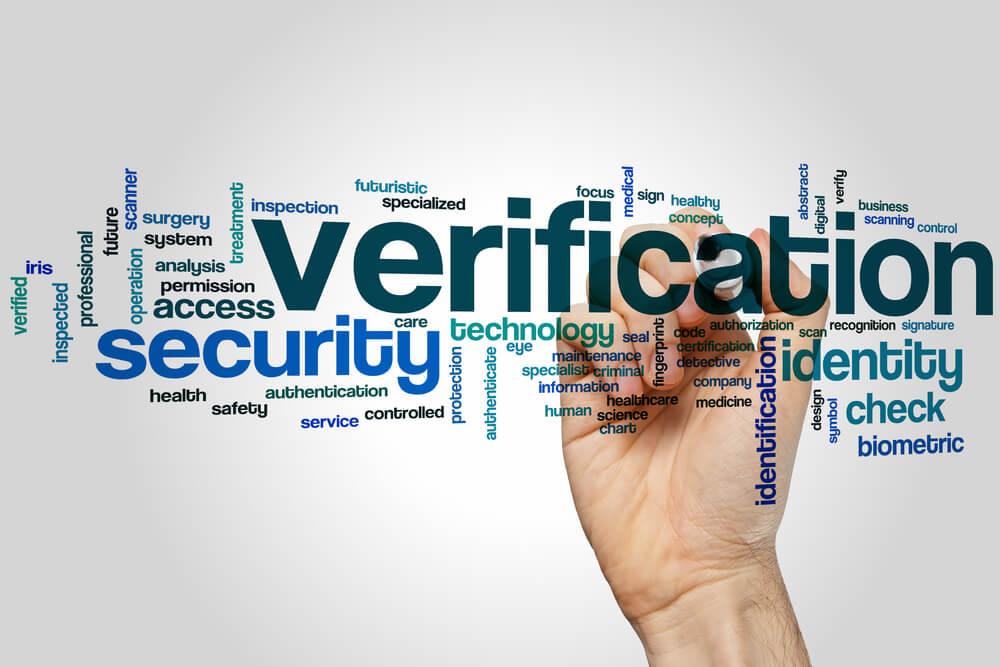In today’s digital age, identity verification services have become a pivotal aspect of online security and trust. With the continuous evolution of technology, businesses and individuals are seeking more advanced ways to confirm and protect identities. This article delves into the current scenario of identity verification, exploring market trends, innovations, and their impact on various industries.
The Importance of Identity Verification
Identity verification is the process of confirming that an individual is who they claim to be. It’s crucial in various sectors, such as finance, healthcare, e-commerce, and even social media platforms. The following are some reasons why an identity verification solution is of utmost importance:
- Enhanced Security
Identity verification is a critical tool in enhancing security. In an era of increasing cyber threats, ensuring that only authorized individuals access sensitive information is paramount. Through various verification methods, potential security breaches are minimized.
- Compliance with Regulations
Many industries are bound by stringent regulatory requirements. Businesses must comply with Know Your Customer (KYC) and Anti-Money Laundering (AML) regulations to prevent fraud and financial crimes. Effective identity verification assists in meeting these requirements.
- Trust and Customer Confidence
Identity verification services help establish trust between businesses and their customers. When users know that their information is secure, they are more likely to engage in online transactions and share personal data.
The Current Market Trends
As technology advances, the identity verification services landscape is continually evolving. Several key market trends are shaping the industry:
- Biometric Verification
Biometric verification methods, such as fingerprint recognition, facial recognition, and iris scanning, are gaining popularity. These methods offer a high level of accuracy and security, making them ideal for applications in the financial and healthcare sectors.
- Blockchain Technology
Blockchain is revolutionizing identity verification by providing a decentralized and immutable ledger for storing personal information. This technology enables users to have more control over their data, ultimately improving security.
- Artificial Intelligence (AI)
AI is being employed for more sophisticated fraud detection. Machine learning algorithms can analyze user behavior, identifying patterns that could indicate fraudulent activities. This is particularly useful in e-commerce and the sharing economy.
- Remote Verification
The COVID-19 pandemic accelerated the need for remote identity verification. Remote verification solutions allow individuals to verify their identities without physical contact, which is crucial for industries like telemedicine and remote employment.
- Global Expansion
As businesses expand their operations globally, they require an identity verification solution that can work across borders. This has led to a demand for identity verification methods that can handle different languages and document types.
The Role of Identity Verification Services in Different Industries
Identity verification plays a unique role in various industries, addressing their specific needs and challenges:
- Financial Sector
In the financial sector, identity verification is essential to combat fraud, money laundering, and identity theft. The use of biometrics and AI has been particularly effective in ensuring the security and compliance of financial transactions.
- Healthcare
In healthcare, patient data must be protected at all costs. The adoption of blockchain technology has enabled the secure sharing of patient records, making healthcare more efficient and secure.
- E-commerce
E-commerce platforms rely on identity verification services to prevent fraudulent transactions and protect both buyers and sellers. Remote verification methods are becoming increasingly popular in this sector.
- Gaming and Social Media
Online gaming and social media platforms use identity verification to ensure a safe and age-appropriate environment. Biometric methods can verify the age and identity of users.
- Travel and Hospitality
The travel and hospitality industry uses identity verification to streamline check-in processes and enhance security. AI and remote verification have become invaluable tools in this sector.
Conclusion
The current scenario for identity verification services is marked by constant innovation and adaptation to the changing digital landscape. Businesses and individuals are recognizing the importance of robust identity verification methods in ensuring security, trust, and compliance with regulations. As technology continues to advance, we can expect even more sophisticated and reliable identity verification to emerge, further improving the safety and efficiency of online interactions.

